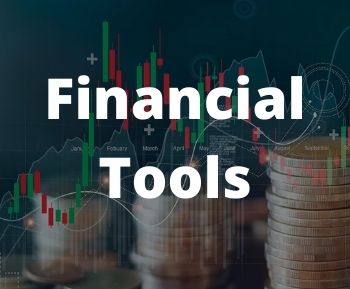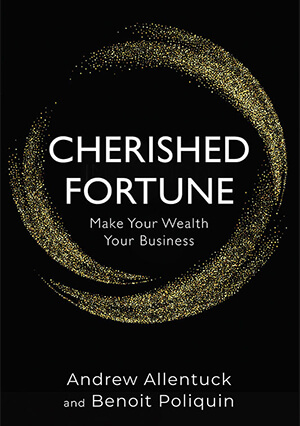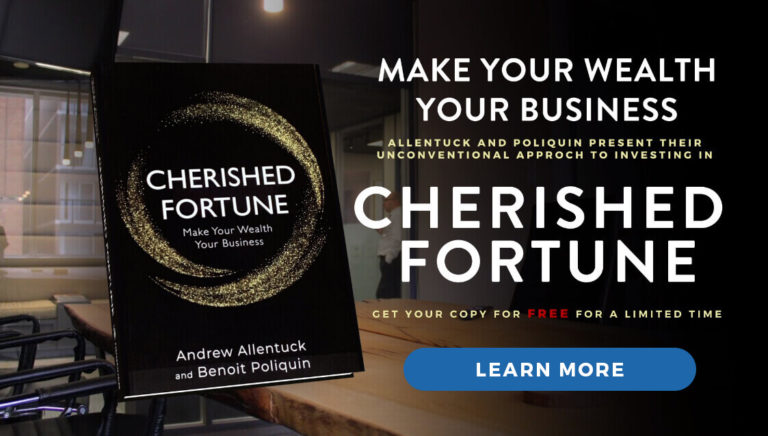Home renovations, car repairs, cutting our own hair and even self health diagnosis. Ever ask yourself why DIY result in so many disasters? “Free information” thanks to the internet. The only skill you need is access, a laptop/phone and the ability to read.
The same applies to DIY investing but like any real skill set, most of these professions take years of study, apprenticeships, supervision, qualification levels and then application. We are all lured by the motivation of saving money or the flexibility of time (I can start and finish when I want). However, anyone with a subscription to the popular HGTV or Magnolia Networks will attest, the number of contractors who must go in and “correct” horror DIY projects are rather abundant. In our profession we experience the same issues.
Seeking assistance from a qualified Portfolio Manager after attempting to manage one’s portfolio independently is a prudent choice, and there’s no shame in doing so. This was particularly apparent during the turbulent times of the Great Recession from 2007 to 2009, when numerous investors encountered substantial challenges.
Before the onset of the global economic crisis, the internet had already become a ubiquitous source of information, providing individuals with an abundance of data. However, as is the case today, much of this information was not thoroughly vetted or customized to cater to the diverse levels of investment expertise among users.
In such a complex and dynamic financial landscape, it’s understandable that investors may feel overwhelmed or uncertain about navigating investment decisions on their own. Seeking guidance from a qualified Portfolio Manager can offer invaluable insights, personalized advice, and a sense of security in managing one’s financial assets effectively. Moreover, collaborating with a professional can help investors navigate market volatility, mitigate risks, and make informed decisions aligned with their financial goals and risk tolerance levels.
Recently, I’ve observed numerous advertisements on platforms like Facebook purporting to originate from prominent names in the U.S investment sphere, promoting their supposed holdings and advocating for entry into a “hot market.” These advertisements, often loss leaders, raise serious concerns.
Today, many individuals regard the internet as a reliable source of information. However, with the rise of AI, I urge a more cautious approach. Consider why companies such as Palo Alto Networks, Fortinet, and CrowdStrike, operating in the critical cybersecurity sector, are closely monitoring the burgeoning AI market..
From the 2007-09 experience and even to today, here is what you’re opening your hard-earned savings to when you elect to go it alone:
- RISK OF LOSS – bad source of information, you lack the ability to interpret financial information, liquidity risks, social media hype.
- Mis-understanding the investment – Do you generally understand the different kinds of investment products and their features, benefits and risks? Are you equipped to conduct research to determine investments that are most appropriate for you? penny stocks, high yield bonds, crypto, private placements, IPO risks, subprime mortgages/third party mortgages?
- MARGIN –Investing on margin amplifies investment gains but also losses because investors risk losing their capital as well as what they have borrowed.
- Over diversification – owning too much or too many funds that overlap costing investors an abundance in fees only to end up owning the same thing.
- How complex is your financial situation? – Are you looking to buy one mutual fund or ETF, or do you have a large amount of cash to invest? Is your tax situation complex? (Generally, the more complex your financial situation, the more you would benefit from receiving financial advice.)
In 2008, I encountered a client whose account landed in my “MASH” unit for a review. Upon dissecting the complex structure of the portfolio, it became evident that a significant portion, approximately 31%, of its value was invested in TD Bank stock.
The global financial crisis of 2007-08 took a toll on Canadian banks, mirroring the challenges faced by their U.S counterparts. Consequently, the valuation of Canadian banks plummeted, adversely affecting the portfolio’s performance. The substantial drop in price prompted a thorough review of the portfolio, and as a result, I assumed responsibility for managing this new account and client.
Prior to my involvement, this individual thought he had a well diversified and low risk portfolio. Not so much, right? The same can be said about his cost. After the review, all in fees were 1.93% (of which only a portion were deductible) which even by today’s standards are very high.
So, DIY’er beware:
You’re anticipated to have a clear understanding of your investment preferences and the ability to execute them independently, utilizing the resources provided by the OEO (Order Execution Only) firm. Should you require supplementary assistance, such as telephone support, you may incur additional charges for such services, although it’s important to note that this assistance still won’t encompass personalized investment advice.
You bear full responsibility for any errors or missteps in your investment decisions. There’s no fund available to compensate for losses, and llROC (Investment Industry Regulatory Organization of Canada) cannot investigate or attribute fault to others for any losses stemming from poor investment choices or trading errors. It’s crucial to exercise caution when sourcing investment information, as many sources are unregulated and may disseminate inaccurate information. Regular monitoring of your account for activity, fees, and notifications is essential. Additionally, the investment firm reserves the right to terminate its relationship with you at any time.
If you feel this advice has been worthy and you would prefer to avoid the risk of potential costly mistakes or want decades of established guidance, please do not hesitant to reach out to us here at Exponent Investment Management. We are only too happy to assist you in this all too important journey.






